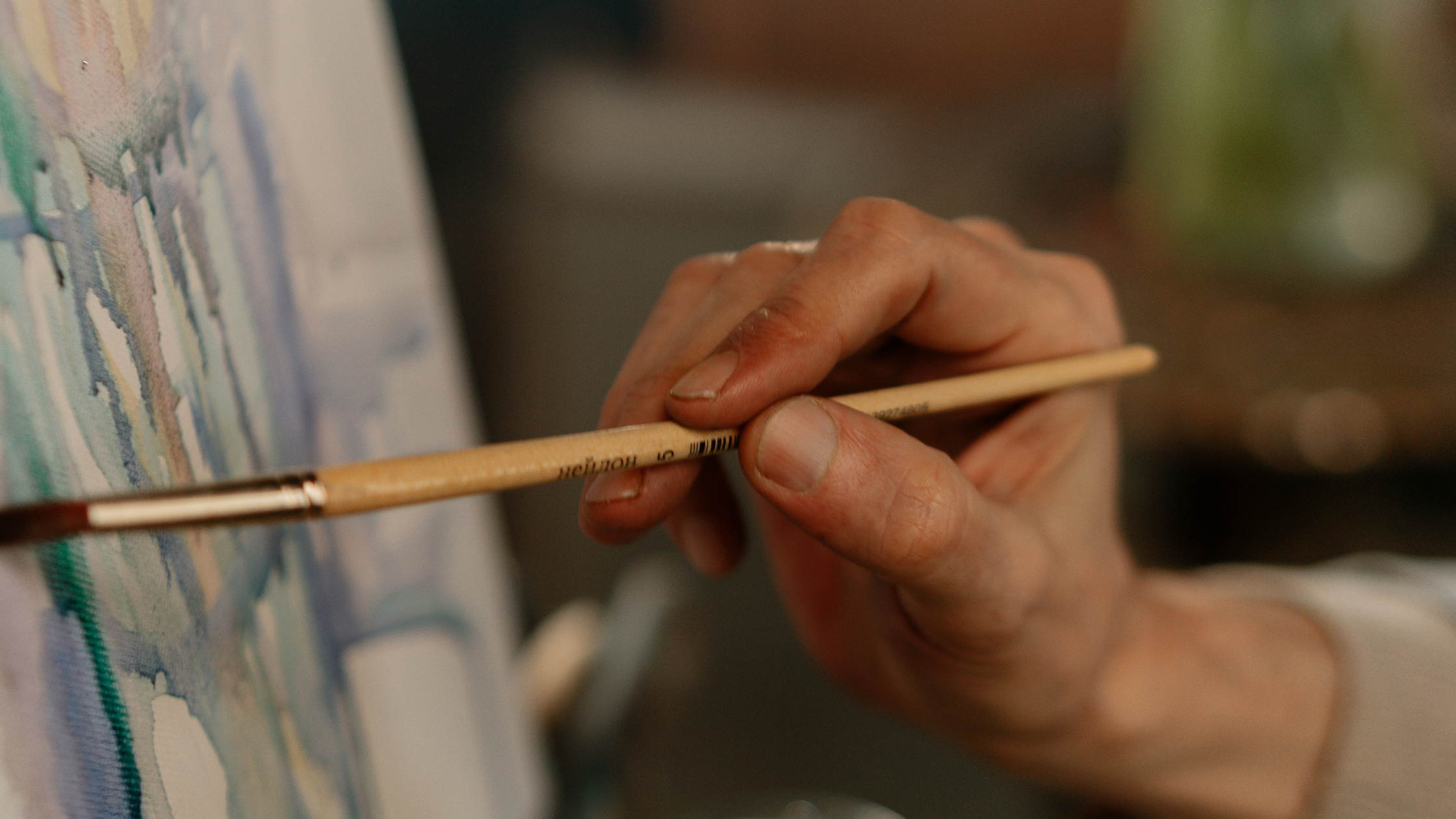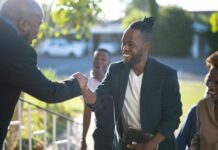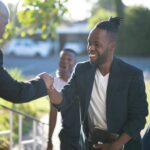From time to time, as I’m sketching at a church or school, the question arises: “So, have you had training for this?” Or, maybe, “Are you self-taught?”
I don’t answer what I’m thinking.
What I say is usually a variation of, “I’ve had some formal training. But mostly, I’ve just worked at it. And I’m still trying to figure out how to draw better.”
But what I think is, “So, you think my stuff looks so amateurish I could not possibly have learned this from anyone?”
Can you imagine someone saying to Picasso, another artist of some renown (!), “Did you take training for this?” Or to Pavarotti or to Frank Lloyd Wright?
When my friend Mary Baronowski Smith was young, she made herself learn to sight-read a hymnal so she could play anything she wished on the piano. Even though she was taking lessons, this skill was self-taught.
She says, “My brother Lenny grew tired of my playing the same tunes over and over. To this day, he does not like the piano because he had to endure all those lessons my sister Myra and I were learning by playing them endlessly.”
“Anyway, one day Lenny came in and handed me a piece of sheet music. ‘Play this for me.’ I said, ‘How does it go? Hum it for me.’”
“He said this would never do, that I needed to learn how to sight read. So I got the Baptist hymnal down and decided I would teach myself.”
“I turned to page one–‘Holy, Holy, Holy’–and started in learning how to play it. It was hard. But gradually I got the hang of it. Then I went to the second one, “Love Divine, All Loves Excelling.” Eventually, I was able to play everything in the hymnal.”
She was 9 or 10 years old.
For the past three decades, Mary has taught piano in the Baton Rouge area.
When she told me that story, I said, “So, the most important music skills you have are those you taught yourself!”
She said, “Isn’t that true in life? The best lessons are the ones you learned the hard way.”
I thought of me and the cartooning business and the people who ask if I took lessons to be able to do this.
And I thought of the ministry.
The best lessons on the Bible that I have learned over the years are the ones learned in the solitude of my study, just the Holy Spirit and me.
As a young pastor still planning to head to seminary, I realized that the various missionary journeys of the Apostle Paul were a mystery to me. I kept hearing preachers speak of “Paul’s first missionary journey,” his second, or his third, and didn’t have a clue what that meant.
So, one day, I got down a map of the New Testament world and opened the Bible to the Acts of the Apostles and went through all 28 chapters, locating every place name I could on the map. Beginning with chapter 13, I drew lines from town to town for Paul’s various journeys. And that day, I filled a major pothole in my theological education, a highway I still travel over frequently.
Later, I did the same thing with the various kings of Israel and Judah. As any student of the Bible can tell you, it can be mighty confusing, trying to keep them all separate. But as I learned about drawing the human hand or sketching a horse in the pasture, once you learn something like this–the order of the kings, Paul’s missionary journeys, etc–you have it forever.
How sad to find someone who quit learning when their formal education ceased. They got their diploma and closed the door on their intellectual and spiritual development. I’ve actually heard them boast, “And I haven’t read a book since!”
In my high school, they used to tell of a fellow who graduated on a Friday night and the next day rowed a boat into the middle of a lake and dumped all his textbooks overboard. Everyone laughed, but it’s a sad reflection on human nature.
A classmate of John F. Kenney once told how at Harvard, he was ahead of JFK in class rankings and was brighter than the future president. “But what happened,” Red Fay said, “was that he kept growing and I quit.”
Each of us makes our own decision on whether we will continue to grow or will shut down the process and begin to atrophy.
In his ninetieth year, the way I got the story, Oliver Wendell Holmes was interrupted by a friend who was surprised to find the eminent man studying the German language. “You’re 90 years old,” the visitor said. “Why are you studying a foreign language?” Holmes said, “To improve my mind.” (I used to tell that as an oddity. But since I turn 84 next month, and I’m reading voraciously, it’s no longer quaint. I know the reality.)
I have a few questions for the pastors among us:
–What parts of the Bible are you vague on?
–Do you know the books of the Bible in their correct order?
–Do you have a fairly good grasp of the history of the Jewish people through the Old and New Testament periods?
—Do you have a few dates nailed down on when key events happened in biblical times? (Here are three dates from my own list: We do not know the exact dates for the reign of King David, but in the year 1,000 B.C., he was on the throne of Israel. In 722 B.C., the Assyrians conquered Israel. In 586 B.C., the Babylonians conquered Judah. Start with those. They will be on the test!)
—In a sentence or two, can you summarize the contents of each of the 27 books of the New Testament? That’s not rocket science, but should be standard fare for a pastor.
Remember, please: we are not suggesting you sign up for a class in any of the above. These are elementary Bible lessons you can dig out on your own. Just shut the door to your study, turn the phone off, get a notebook and pen and open your Bible.
The lessons that will remain with you are the ones you dug out of the Word yourself.
And the ones that will remain the longest–and bear the most fruit–are the ones you really struggled with.
If you have been preaching for a number of years and realize you are soft in some of these areas, don’t admit it to anyone. Just sign up for the remedial class with the Holy Spirit as your Teacher! Shut the door to your study, turn the phone off, and get to it.
As with any study, at first it will be drudgery, but given time you’ll find yourself delighting in this study. I promise.







